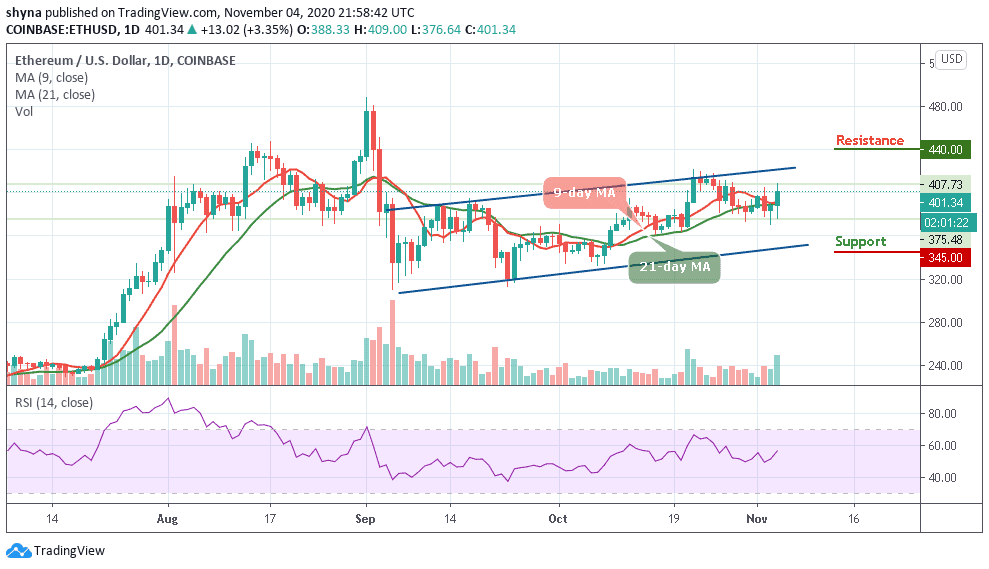Join Our Telegram channel to stay up to date on breaking news coverage
Hong Kong has maintained a friendly relationship with cryptocurrency companies setting up in its region so far. However, this cordial relationship appears to be nearing an end as Hong Kong’s Securities and Futures Commission (SFC) is turning its eye towards closely-guarded regulation.
Closer Checks From Now On
Earlier this week, Reuters reported that the SFC had announced plans to regulate cryptocurrency exchanges in the region. The new regulatory regime is replacing the region’s “opt-in” structure, which has been in place for about a year.
Ashley Alder, the SFC’s chief executive was quoted as saying:
“This is a significant limitation, as under the current legislative framework if a platform operator is really determined to operate completely off the regulatory radar it can do so simply by ensuring that its traded crypto assets are not within the legal definition of a security.”
Going forward, crypto exchanges looking to set up a presence in Hong Kong will need to register themselves with the SFC. The licensing requirement also comes with Anti-Money Laundering (AML) prerequisites, meaning that exchanges would most likely report transactions or customers to the SFC when it deems fit.
As explained earlier, Hong Kong has a regulatory structure in place for exchanges. However, the agency doesn’t appear to have enforced it so much. When it announced the new laws last year, the SFC essentially told exchanges to ensure that their AML and KYC policies were on par with licensed companies. Exchanges themselves would not have to apply for licenses.
Besides the AML and KYC policies, exchanges would also need to file monthly reports with the SFC and hire independent auditors. Now, all of that is about to change as the SFC turns a sterner eye towards the industry.
There Could be Money Laundering Afoot
It’s unclear what spurred this new regulation style. However, the region has been watching as OKEx, one of the largest exchanges within its jurisdictions, struggled with allegations of fraud. OKEx announced on October 16 that it had suspended withdrawals on its platform. While the company chalked it up to a problem with one of its private key holders, local blockchain reported Colin Wu suspected that the exchange had engaged in fraud.
Days later, Caixin reported that the police had questioned Mingxing Xu, OKEx’s founder, over alleged fraud. The outcome of the case is yet to be known, although the entire debacle affected the Bitcoin price and is sure to erode confidence in the company.
Besides OKEx, Huobi also appears to be dealing with some internal problems. Earlier this week, Whale Alert reported via several tweets that the exchange had seen about $400 million in Tether inflows. While most of the funds came from a Bitfinex account, some also flowed in through unidentified locations. Earlier in the day, about $100 million also traveled from Huobi to Bitfinex.
While the exchange – which has an office in Hong Kong – has reaffirmed to users that nothing is wrong, this could raise regulatory eyebrows. With such massive transaction volumes, the SFC looks ready to step in and avoid money laundering or other criminal activities.
Join Our Telegram channel to stay up to date on breaking news coverage


